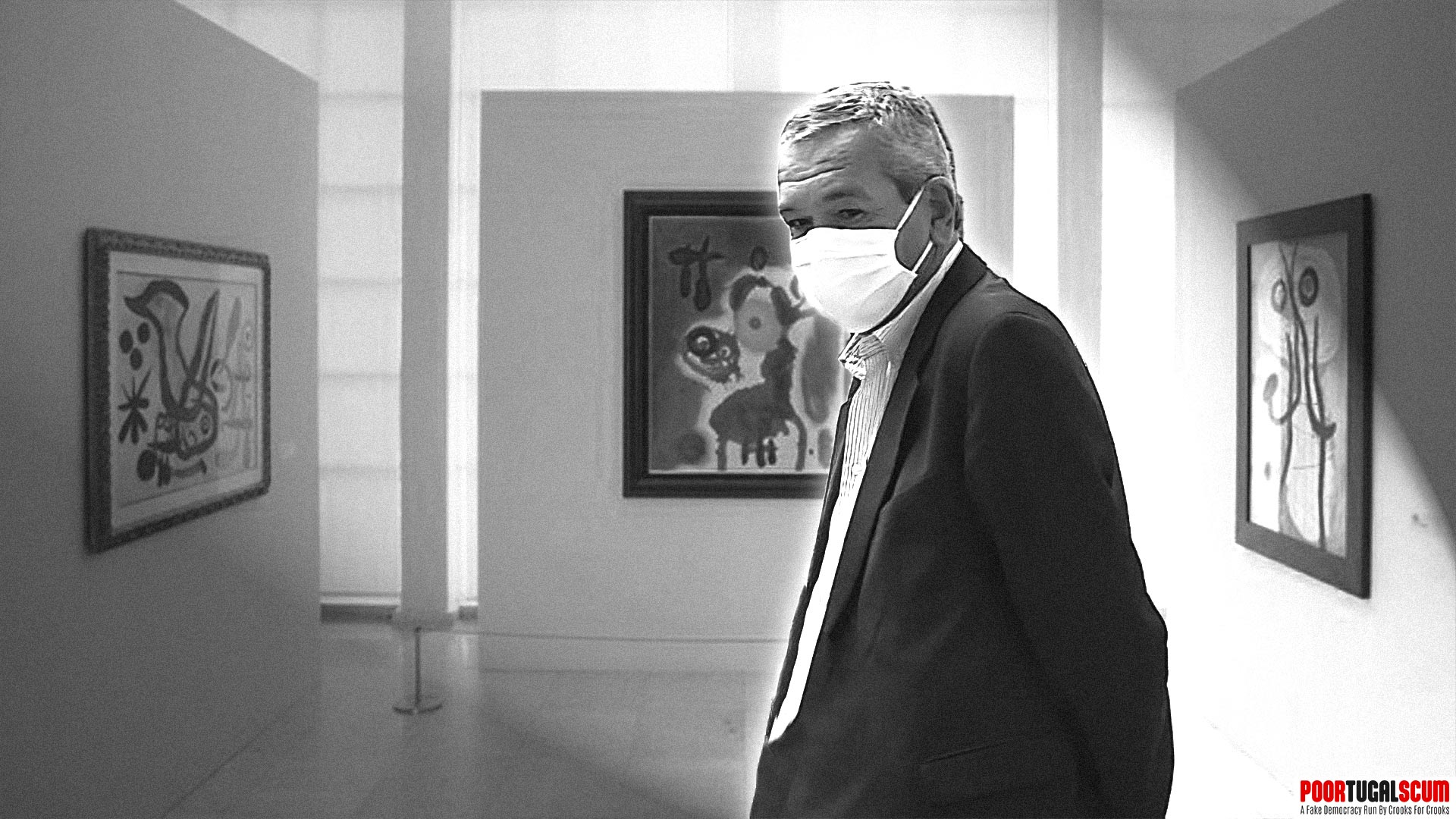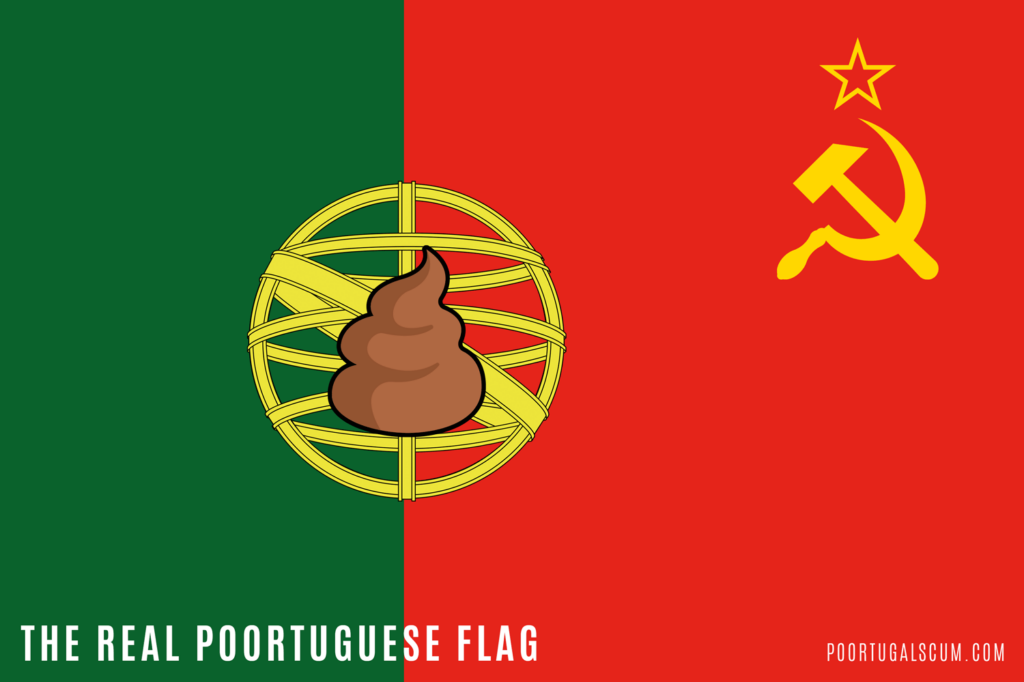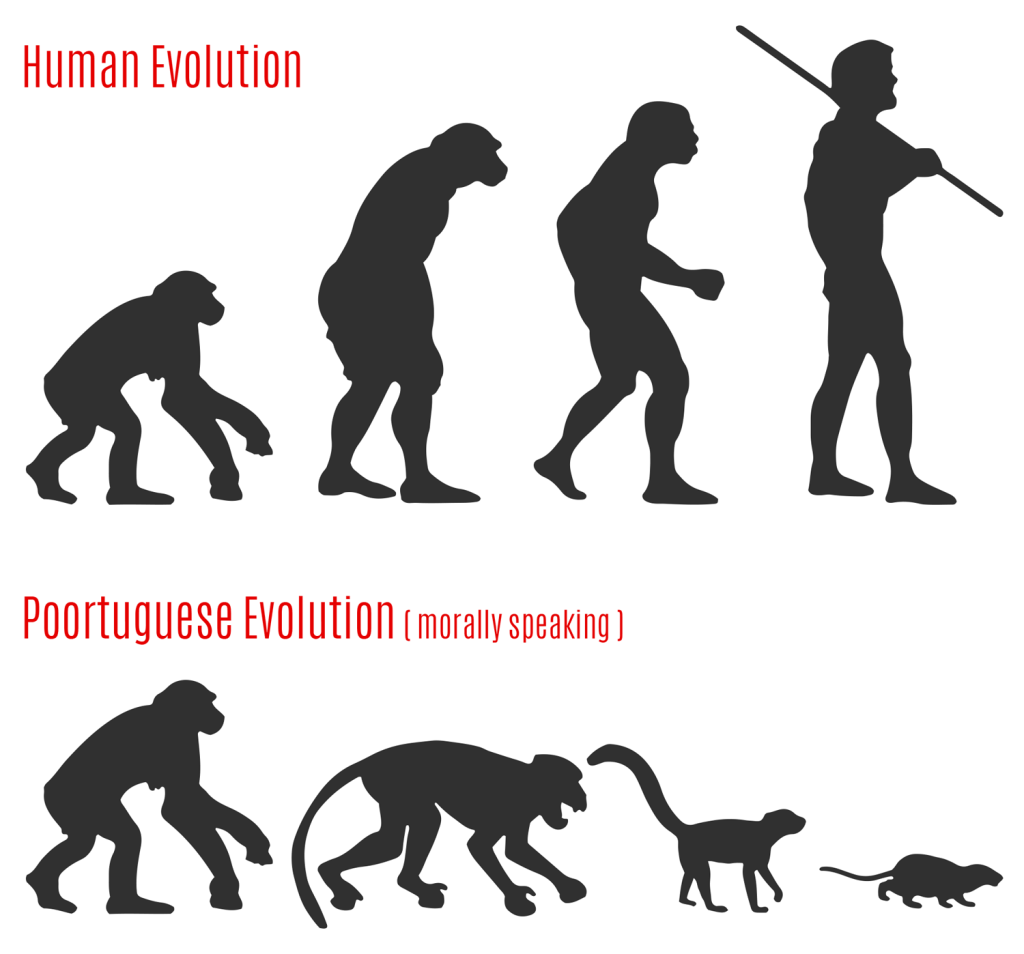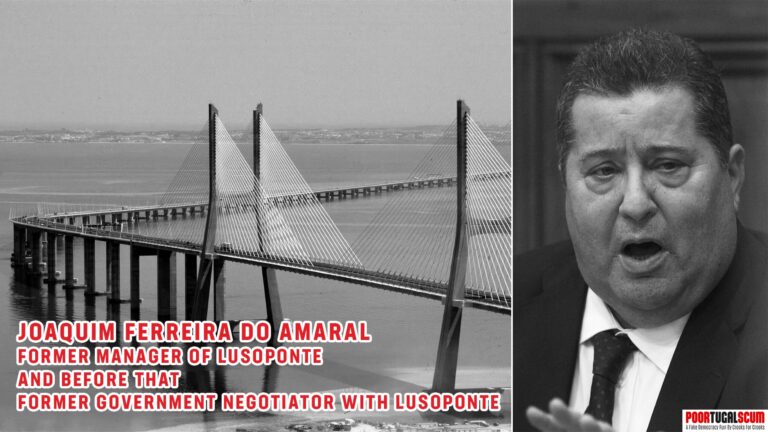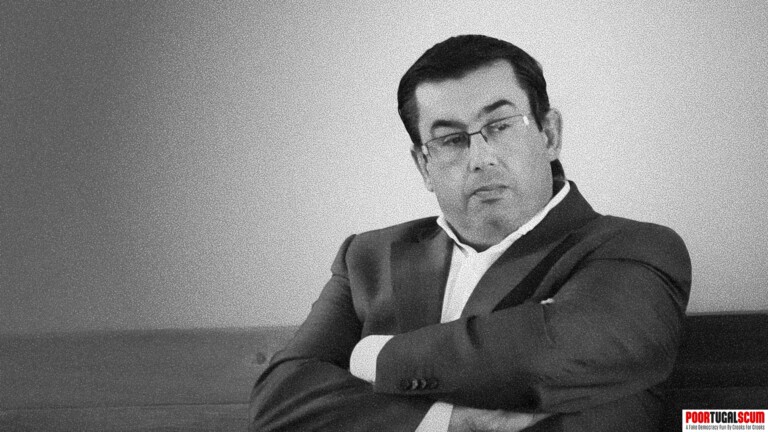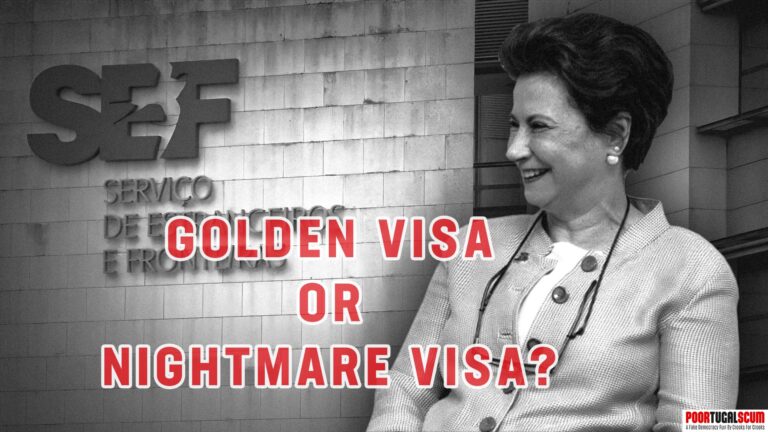Yet another story of the Portuguese judiciary zealously protecting criminals from their victims.
This time it was a judge who “inadvertently” ignored the law that did not allow a new appeal for the convicted defendant in a case that was about to be “extinguished” because, not surprisingly, that is exactly what happened.
The multi-million euro fraud case involving the sale of works of art was extinguished as if it had never happened, and the fraudster was able to continue living his life in complete peace of mind and with full legal protection, as is customary in Portugal, calmly enjoying the money he stole from his forsaken victims.
It should be noted that this process took over 20 years in the courts! Yes, you read that right, over 20 years! Enough to raise a child. Total insanity!
This is just another example of the countless cases of how the Portuguese justice system “deals” with criminals which happen every day. This is not the exception, THIS IS THE RULE!
Portuguese justice is not justice, it is mostly just a gang of criminals in collusion with other criminals exercising dictatorial power over the Portuguese people, but they don’t care.
The following article is a translation (mostly MT). You can find the link to the original website at the end of it.
Vice-president of Relação do Porto accepted an appeal from the former director of BPN’s Private Banking, which she KNEW was not admissible.
A former head of a prominent bank in Portugal, who was convicted of fraud in an art deal worth 20 million dollars more than two decades ago, has managed to avoid punishment.
The cause? Amid legal and bureaucratic wrangling over which court had the authority to prosecute him, the deadline for sending him to prison simply expired.
The former banker
The individual in question is José Viamonte de Sousa, a former director general of the private banking department of Banco Português de Negócios (BPN). According to reports, around 2001, the bank acquired 41 paintings by Joan Miró for 17 million euros (currently around 19 million dollars).
However, the sellers of the paintings only received €5.1 million (approximately $5.6 million) of that amount.
The remaining €12 million (about $13.2 million) was allegedly distributed as “commissions” and shared between multiple people.
According to reports, Viamonte de Sousa used various Spanish companies and intermediaries, including an art dealer, to embezzle the money. The funds initially went through a company called Negotrade, which mediated the negotiations between the owners of the collection and BPN. To make the payment, an offshore company called Zevin-Holdings, belonging to Marazion Holdings, which in turn was owned by BPN, was used.
Another report mentioned that more than 2 million euros (approximately 2.2 million dollars) were transferred to an account at Millennium BCP Bank and Trust, based in the Cayman Islands and owned by Index Sl, whose final beneficiaries could not be determined. In the end, Viamonte de Sousa would have been left with a total of 1.25 million euros (about 1.3 million dollars) for himself.
None of the individuals named in the journalistic reports could be reached for comment. E-mails sent to the Ministry of Justice of Portugal did not receive a response.
In 2021, Viamonte de Sousa was sentenced to seven years and ten months in prison by Judge Pedro Brito, at the São João de Novo court, in Porto, for fraud and money laundering.
The banker remained at liberty while he appealed the decision. At the end of that same year, the vice president of the Court of Appeal of Porto, Maria Dolores de Sousa, reduced his sentence to six and a half years.
However, she “ignored” the statute of limitations mentioned in the lawsuit – suspended until June 3, 2022 – and admitted an appeal to the Supreme Court.
Several months later, due to bureaucracy, the case would have fluctuated between the court of appeals and the original court that issued the guilty verdict. In the end, the “entire process only reached the court of first instance on March 16” of this year – “at which time it was declared ‘extinct’, and the process was archived”, according to the Portuguese newspaper Correio da Manhã. At the time, Judge Brito determined that the maximum limit for the criminalization of the crime of qualified larceny had already been reached. The Portuguese newspaper added:
“José Viamonte de Sousa has not had to return a ‘cent’ of the money he embezzled (in his own way) almost 20 years ago, and he certainly will not go to jail”.
BPN was nationalized in 2008 following a criminal investigation for fraud and money laundering.

